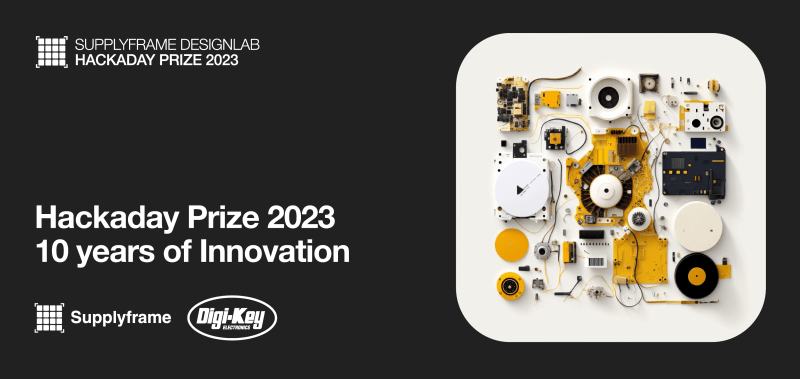The first round of the 2023 Hackaday Prize closes next Tuesday, March April 25th. If you’ve got an educational project – whether that’s a robot technique you just need to share, or an instructional radio build – you’ve got this weekend left to get your project into shape, whip up a Hackaday.io page in support, and enter. The top 10 projects get a $500 prize award, and a chance to win the big prizes in the final round. You want to get your project in now.
We’ve already seen some great entries into this first round of the Prize. Ranging from a trainer robot for First Robotics teams, through a complete learn-electronics kit on a PCB, building radios in High Schools, and all the way to an LED-and-lightpipe map to help teachers and students with their geography lessons, we’ve got a broad range of educational projects so far.
But there is still room for your project! And with the deadline closing in, your best bet at the $500 prize money relies on you burning a bit of the midnight oil this weekend, but Hackaday glory awaits those who do.






















Since it´s 10 years, it would be nice to make a retrospective and show what really made into a product, what really made a difference, what really changed.
Because we see a lot of boasting with superlatives, a ton of gadgets, but at the end:
Whats´s left of it ? (except gadgets and self-celebration of intergalactic hackaday contests)
Head on over to the contest page for a quick rundown of most of the winners of the last ten years. Almost all of them kept the project going for a year or two after the prize — some finished up just because they finished up.
But there are also many that are still ongoing concerns. Take our very first winner in 2014, SatNOGS (https://satnogs.org/) for instance. Or heck, 2nd place that year was the ChipWhisperer. The list goes on from there.
Superlatives are certainly well-earned by the folks who won the Hackaday Prize!
“Next Tuesday March 25th ”
?
Testing for time travelers? Or just a typo?
(Fixed, thanks.)
Roberta Pournelle, wife of science fiction author Jerry Pournelle, created Reading TLC to teach peopl how to read English. https://www.jerrypournelle.com/OldReading.html Unfortunately the original software versions with Roberta’s recordings of over 3,000 sound files are no longer available.
The current Reading TLC uses text to speech in a web browser.